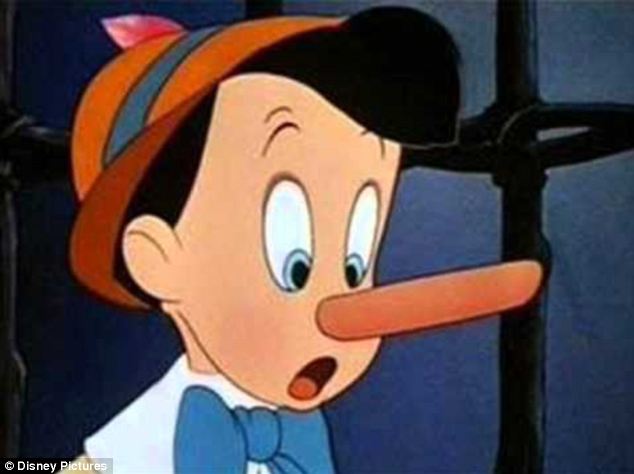Something I didn’t realize when I was actually looking for a job, is how common it is for people lie during the interview process. In an effort to try to “beat the system” and do whatever it takes to get the job, people do lie… about lots of different things.

In terms of what people lie about in interviews, it falls into a few basic categories:
The positions they’ve held or job titles – Someone might lie about this because they want the positions they’ve been in to come across as impressive as possible and elevating titles is an “easy” way to do that.
What they’ve done – This type of lie is often found within the resume but also is often told during the interview. Pretending to have more experience or knowledge in any area would fall into this category.
How much they’re earning – People lie about their previous salary because they think it will get them a better offer. Most companies do try to make sure they can give an increase from the person’s prior salary when making an offer, but lying about this can be seen as a serious offense.
Dates & gaps in employment – Someone might lie about the dates they’ve worked at a certain place because they want it to seem like they’ve stuck around longer than they really have. They might also lie about dates to fill in gaps in employment on their resume because they think it looks bad.
I’ve probably mentioned this in other posts but I NEVER think it’s a good idea to lie about any of the above. Here are a few reasons why:
- A good recruiter or seasoned interviewer will see right through it – Good recruiters know their industries really, really well. They know what the market is paying for a certain type of role, and they know the types of things people in different roles would be expected to do/able to accomplish. They probably also know a lot of people in the industry that can verify you’ve done what you say you’ve done.
- An employment application is considered an official document – For obvious reasons, lying on an official document taken very seriously, and can definitely result in getting fired (even if lots of time has passed since you filled it out).
- Many companies do background checks and salary verifications – Because companies are not in the business of making important hiring decisions without doing due diligence, many will do a background check to verify your education, past titles, and even compensation. At that point, any discrepancies between your resume/application and what you’ve actually done will come out.
- You can still get a great compensation package without lying – Just because you weren’t making as much as you would have liked in your last job, doesn’t mean you have to accept an offer for less than your expectation for this new one. Be firm about what you really want, make sure it’s reasonable based on your experience and skills, and just ask for it!
- You want work in a place that wants to hire you based on “the real you” – Lying about what you’ve done or your capabilities isn’t going to be good for you either. You’re probably going to have the best chance at succeeding in a role if your actual skills and experiences match up with what the company is looking for. Customizing your resume and highlighting certain experiences is one thing, but making up a whole different story about what you’ve done is quite another.
For me integrity is one of the number one qualities I’ve looked for when hiring. It is so important for the people you work closely with to be honest and trustworthy. Having strong morals and ethics is so much important than many of the things people lie about it. So my point is, it’s wrong, and it’s just not worth it, so hold yourself to a higher standard!





